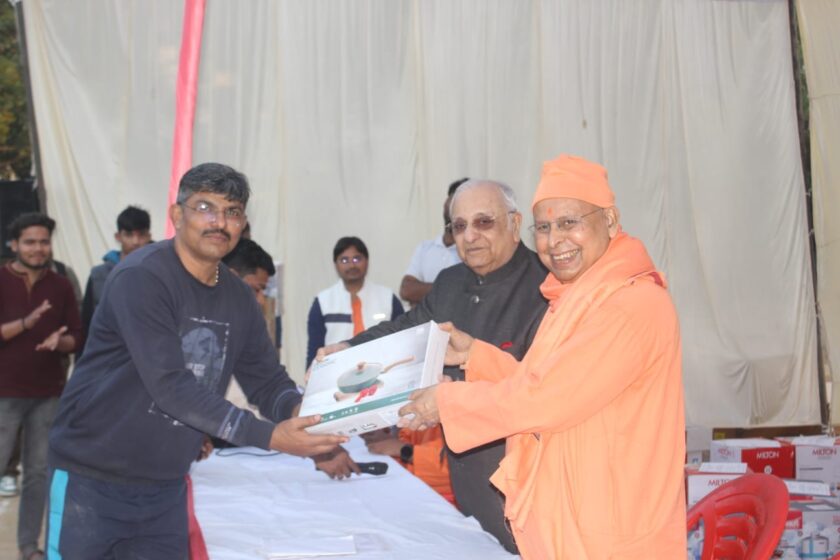Washington DC / New Delhi: NASA has once again postponed the much-anticipated Axiom Mission 4, a fully private mission organized jointly by Axiom Space, NASA, and SpaceX. The delay is significant not only for the mission’s operators but also for India, Poland, and Hungary, who are sending astronauts aboard. Notably, Group Captain Subhanshu Shukla is set to become India’s second astronaut in space after Rakesh Sharma.
The mission, for which India has invested ₹550 crore, has already faced multiple delays due to technical and safety concerns.
Reason for the Latest Delay
The most recent postponement is attributed to a pressure signature anomaly caused by an air leak in the Russian Zvezda module aboard the International Space Station (ISS). The Zvezda module plays a critical role in providing life support and crew quarters. Following emergency repairs, NASA has decided to analyze incoming data more thoroughly, necessitating additional time before confirming a new launch window.
Originally scheduled for June 22, 2025, the launch was delayed as NASA emphasized the importance of astronaut safety and mission integrity. A new date is expected to be announced soon.
Previously, the mission faced delays due to a liquid oxygen leak in the Falcon 9 launch vehicle, adding to the growing list of technical hurdles.
India’s Space Legacy and Stakes
For India, Axiom Mission 4 represents a historic leap in international human spaceflight participation. Group Captain Subhanshu Shukla’s journey is expected to inspire a new generation of Indian space scientists and bolster India’s strategic presence in global space missions.

Shukla’s flight will mark the first time an Indian astronaut travels to space in over four decades, following Rakesh Sharma’s mission in 1984.
The Bigger Picture: The ISS and Global Collaboration
The ISS currently hosts 16 pressurized modules built collaboratively by five major space agencies: NASA (USA), Roscosmos (Russia), ESA (Europe), JAXA (Japan), and CSA (Canada). The Zvezda module, developed by Russia, is integral to the ISS’s functionality, making its malfunction a serious concern for any upcoming mission.
Concerns over Repeated Delays
Repeated postponements not only pose logistical and operational challenges for the participating countries but also increase the mission’s financial burden. Experts warn that prolonged delays could test diplomatic timelines and space agency partnerships.
Despite these setbacks, Axiom Space remains committed to ensuring that Axiom Mission 4 will proceed only when full safety assurances are in place.
As NASA continues data assessment and fixes aboard the ISS, the world watches closely — especially India, which is on the verge of making history again in human spaceflight.









